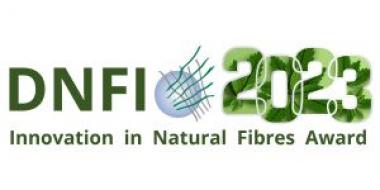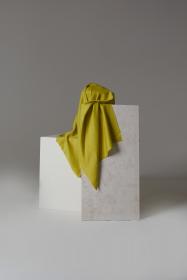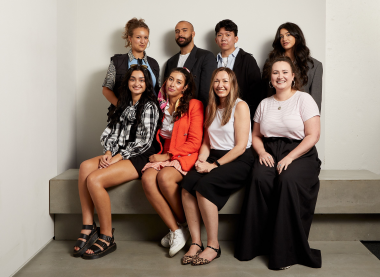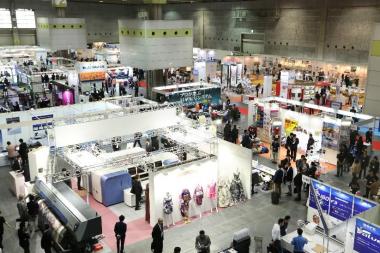Techtextil India hosting SITRA’s Expo on Medical Textiles
On the side-lines of the three-day fair, Techtextil India’s 2023 edition scheduled from 12th –14th September, will be hosting SITRA’s Expo on Medical Textiles called MEDITEXTM2023 - an exclusive pavilion that focuses on medical textiles with live demonstrations and high-growth application areas offering a global platform for business opportunities.
Medical textiles are fabrics that are used in the healthcare industry for a variety of purposes ranging from maintenance of hygiene, prevention/control of infection to saving the life of critically ill patients. In recent years, the demand for medical textiles has been growing in India due to rise in geriatric population, accidents and life style diseases. Besides, various initiatives of Governments, increased awareness about hygiene, medical tourism and advancements in textile technology are driving the growth of medical textile industry in India. According to a report published by Ministry of Textiles on the Indian Technical Textiles market, the market potential of medical textiles market at 5% is valued approximately at USD 1.125 billion in the year 2021-22.
SITRA is a Textile Research Association, sponsored by the industry and supported by the Ministry of Textiles (MoT), with the contribution to the textile industry for more than 65 years. Its Centre of Excellence for Medical Textiles, established by MoT in 2008, has been organising MEDITEX - an International Medical Textile Expo cum Conference in 2014 and 2018 respectively. This exclusive fair for medical textiles has been offering a global platform for business opportunities in the varied application of medical textiles which has witnessed a good participation from the industry. For 2023, the expo will be held as a part of Messe Frankfurt India’s Techtextil India 2023.
Target topics based seminars, supported by Ministry of Textiles, Government of India would also be held concurrently along with the exhibition wherein the speakers would be discussing about current and evolving technologies in medical textiles. Stakeholders and visitors to the conference as well as the exhibition would get to witness and benefit from world class, state-of-the-art medical textiles products/machineries and technologies.
Messe Frankfurt (HK)






























